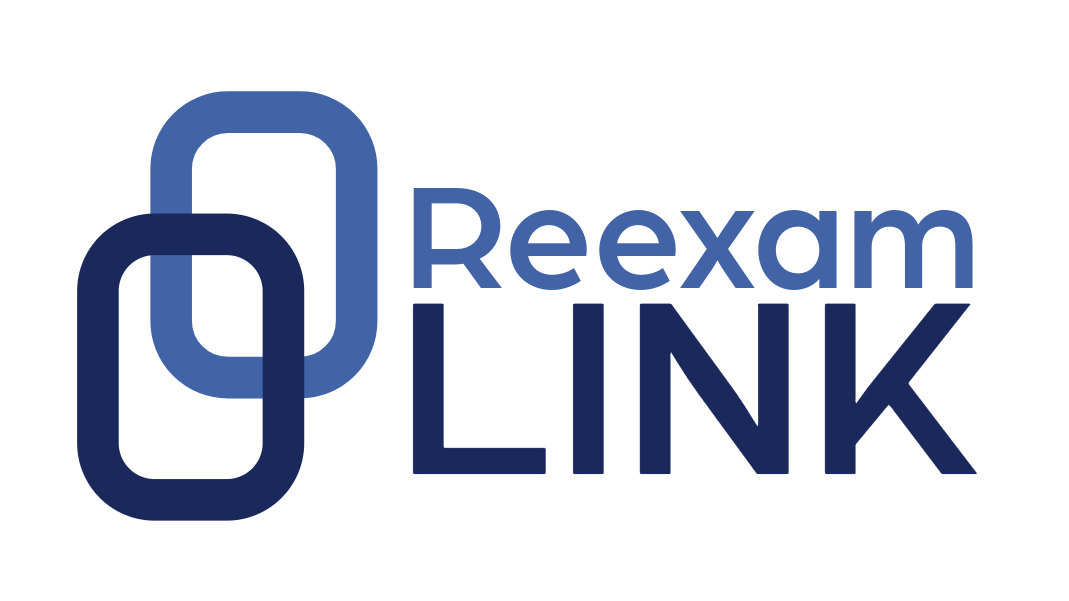In current post-grant practice, most petitions are accompanied by an expert declaration to support the assertions made by the petitioner. If the petitioner successfully obtains institution of a patent office trial (inter partes review, covered business method patent review, or post-grant review), each declarant making a declaration for the petition must be made available for deposition. But what happens if the declarant is not available? One example is provided in Corning Gilbert Inc. v. PPC Broadband, Inc., IPR2013-00347.
In the Corning IPR, the Petitioner’s expert, Dr. Mroczkowski, signed a declaration that was submitted to support the IPR petition. After institution of the IPR, the Board was informed that Dr. Mroczkowski had become ill with cancer and had to undergo surgery. He was also undergoing weekly chemotherapy and daily radiation treatment during late December and scheduled for therapy up to early February. Counsel for Petitioner requested a twelve week extension in order for Dr. Mroczkowski to recover and be available for deposition, noting that 35 U.S.C. § 316(a)(11) provides an additional time (up to 6 months) to complete the IPR.
The Board declined a twelve week extension, and instead suggested that Petitioner attempt to locate another expert who would be willing to present the same testimony as Dr. Mroczkowski:
The Board considers reasonable an extension of approximately five weeks for Petitioner to locate and substitute, for Dr. Mroczkowski, another expert witness who would be willing to execute the same declaration executed by Dr. Mroczkowski, excluding the credentials and qualifications of Dr. Mroczkowski. Counsel for Petitioner expressed that obtaining another expert at this time would add to Petitioner’s cost, perhaps unnecessarily, because Dr. Mroczkowski may recover in time to be cross-examined.
The Board explained that five weeks will be provided to Petitioner to make an effort to resolve the difficulty presented by the illness of Petitioner’s original expert witness. Petitioner is free to forego that opportunity, and to depend on Dr. Mroczkowski’s getting well enough to be cross-examined at an appropriate time according to a revised schedule including the five-week extension. In that case, however, Petitioner will have made a litigation choice, and assumed the risk of events not proceeding according to plan.
(IPR2013-00347, Paper 18 at p. 3, December 23, 2013.)
The Board provided more guidance in its next order (Paper 20, January 2, 2014). Counsel for Petitioner suggested that it file a declaration by a second expert “simply declaring that the second expert agrees with the opinions set forth in Dr. Mroczkowski’s declaration.” The Board indicated that the proposed approach would still ultimately rely on the testimony of Dr. Mroczkowksi, “which is inappropriate if he cannot be cross-examined.” (Paper 20 at p. 2.) The Board offered another approach:
The Board inquired why the new expert could not execute a declaration literally having the same wording as in Dr. Mroczkowski’s declaration. Counsel for Corning replied that because the two experts will have different qualifications, paragraph numbers as referenced in Corning’s petition, directed to Dr. Mroczkowski’s declaration, likely will not match paragraph numbers in the declaration executed by the second expert witness.
To maintain the same paragraph numbers in the second declaration, however, Corning may present qualifications of its second expert witness in a separate exhibit or in later paragraphs, and then use blank spaces to occupy the paragraphs which, in the first expert declaration, express the qualifications of Dr. Mroczkowski. If such a substitute expert declaration is filed, however, Corning also should file a substitute petition that refers to the declaration by the substitute expert witness, and not the declaration of Dr. Mroczkowski.
The Board asked the parties to try to reach agreement as to the various specifics about Corning’s potentially filing of a substitute declaration from another expert witness, to replace that of Dr. Mroczkowski, before contacting the Board with a proposal.
The parties appear to have agreed to new dates, as set forth in a Notice of Stipulation to Extend Due Dates 1-3 (Paper 21, January 14, 2014). However, there is nothing further in the record to reflect whether agreement was reached as to the possible filing of a substitute declaration as of the date of this post.
It remains to be seen if this approach is employed in other contested proceedings, since it is inevitable that an expert witness will occasionally be unable to testify after institution of a proceeding.
[Editor’s Note: All of us who have had friends or family touched by cancer empathize with Dr. Mroczkowski’s situation, and we wish him a full and speedy recovery.]

Leave a Reply